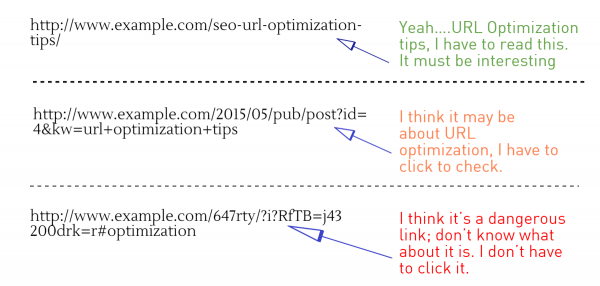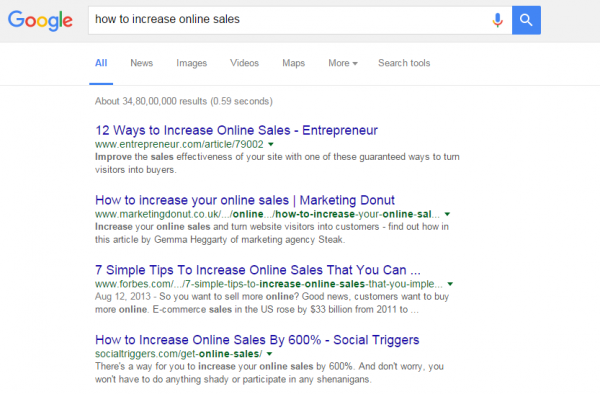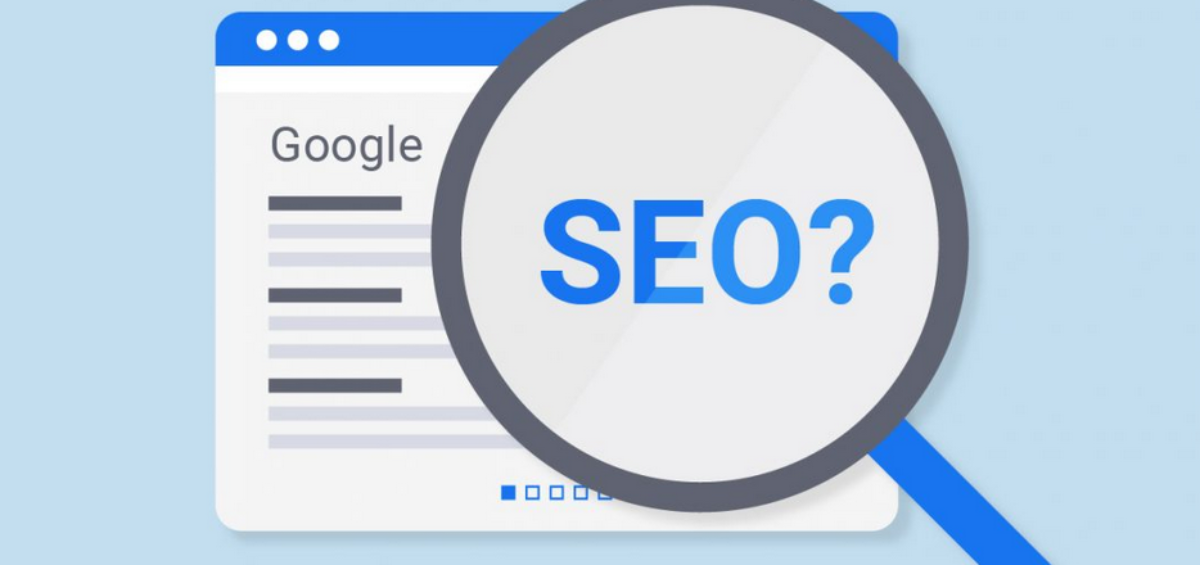In the SEO world, On Page Optimization is the most important part of SEO strategy and the URLs are the part of On Page Optimization. The properly optimized URLs can increase your ranking as well as click through rate.
I just listed general tips for structuring URLs in this infographic.

Informative URLs/User Readable URLs

Want users to click on your URLs? Must use informative URLs
Example:
Short but descriptive URL
Don’t go for long URLs, keep your URL short but descriptive.
Yeah…There is no problem with search engines; they can process lengthy URLs without much trouble.
But it’s about user experience.
If your URL is short, then user can view full URL.

If your URL is lengthy then, search engine can’t display full URL. Just see blow!

Google and BING display full URL if it’s under 70 characters.
So keep your URL short as well as it must convey the purpose of the page(what is the subject of the page).
It’s easy to share shorter URLs on social media.
Keep in mind:
Keep your URL less than 2083 characters to render in Internet Explorer (4-8)
Keywords in URL
Keywords in URLs are an amazing thing. It’s really awesome to add your targeted keywords in URL.
Why it’s awesome? Let see, as Rand Fishkin said in his article.
- When you share URL on social media or any other sites, people can view the URL when they hover on anchor text. If your URLs contain targeted keywords, visitor’s interest will increase to click that link.
- Sometime Your URL becomes an anchor text, and then it must be amazing with targeted keywords to get attention of users.
- URLS are the part of search algorithms.
I mean when user fires a query, the words in URL which matches with searched keywords are displayed in bold text. So, it helps to get user’s attention.

Don’t do keyword stuffing: Don’t repeat keywords in URL: It look like you are spammy
The keywords in URL are awesome, it doesn’t mean, you can do keyword stuffing!
Examples:
http://www.example.com/web-development/web-development-services/
It looks like you are SPAMMY!
Exclude stop words to make URL shorter
If your URL is getting lengthy with many stop words, then avoid the stop words. Find the list of SEO stop words here.
CanonicalizeURLs if they serves same content
If two or more pages has same content or the little variation, then it’s recommended to canonicalize them. It’s avoids content duplication issue.
301 Redirection is the perfect option if there is no any important reason to have same pages.
But if you want to keep that pages with same content must canonicalize them using rel=”canonical”
Limit 301 Redirection hops to two or fewer
It means if URL A redirects to URL B, it is fine. Even if URL B redirects to URL C, it OK. But if URL C redirects to URL, it’s terrible. :-D
Search Engines can’t process that much URL requests for you.
Keep Fewer Folders
Let’s take an example:
http://www.example.com/seo/onapge/tips/url-optimization/
and
http://www.example.com/seo/url-optimization-tips/
First URL increases the site depth. It’s not like that; you can’t keep many sub folders. But, if you keep fewer subfolders than it’s more better. J
Case Sensitivity in URLs
Avoid case sensitivity in URLs, because it creates error with Linux server as per John Sherrod‘s research, UNIX returns 404 for capitalize URLs.
If possible try to create URLs in lower case or you can redirection using .htaccess
Use Hyphen or Underscore as Word Separator
The couple of years back, underscore was not considers as word separator. But now you can use both hyphen and underscore as a word separators. Even if you can use space also but it look awkward!
You can use your targeted location in url if you are local business
It’s not URL optimization techniques, but one advice for local businesses.
If you want to target just one location, then you can use location in your URL, it really helps to improve your rankings in particular location.
Let’s take an example,
If you are providing plumbing services in NEW YORK, then you can make your url like,
http://www.example.com/instant-plumbling-services-new-york/
Avoid use of Parameter whenever possible
The parameter in URL like ?, = or # and other makes URL messy. It’s advisable to create static URLs instead.
URL should be match with Title of the Page
The URL and title of the web page must be relevant to each other otherwise it can be creating untrustworthy effect on users mind.
I am not telling that URL should exactly match with the Title but must make some relevancy.
Example
See, title and URL are not exact same, but we can say it’s relevant.

Use Sub Folders instead of Sub domain
If it necessary it’s not bad to keep more than one sub domain, but good practice is keeping the subfolders.
What I am trying to say is: http://www.example.com/blog/ is better than http://blog.example.com/
Semantic URLs
For an eCommerce site, following is the most advisable factor.

About Author:
Anjana Ratadiya works as a SEO Professional at Guru Technolabs. Crazy Reader, Good Listener! She is passionate about SEO, ASO, WordPress & Digital Marketing.












Add Comment